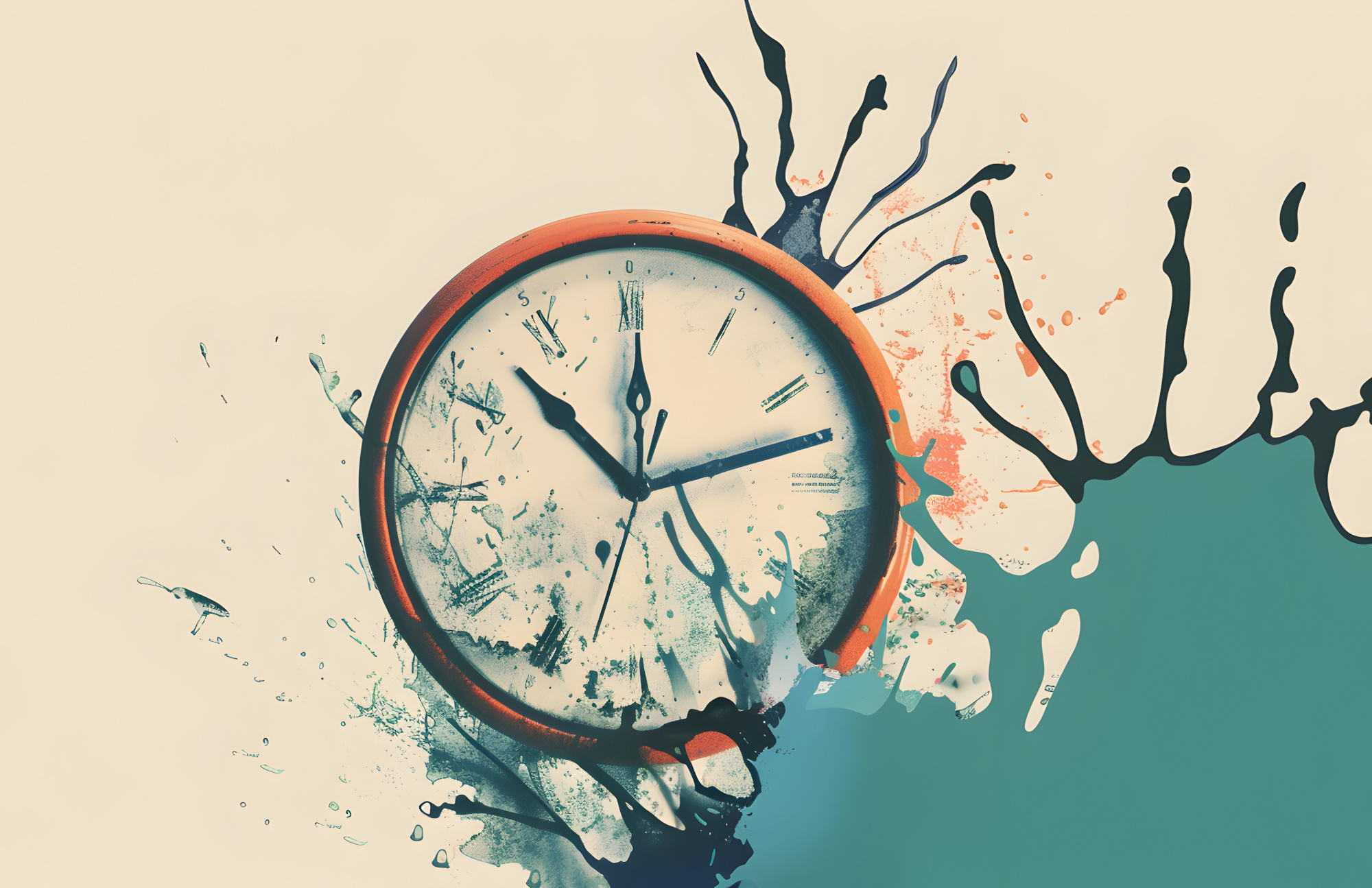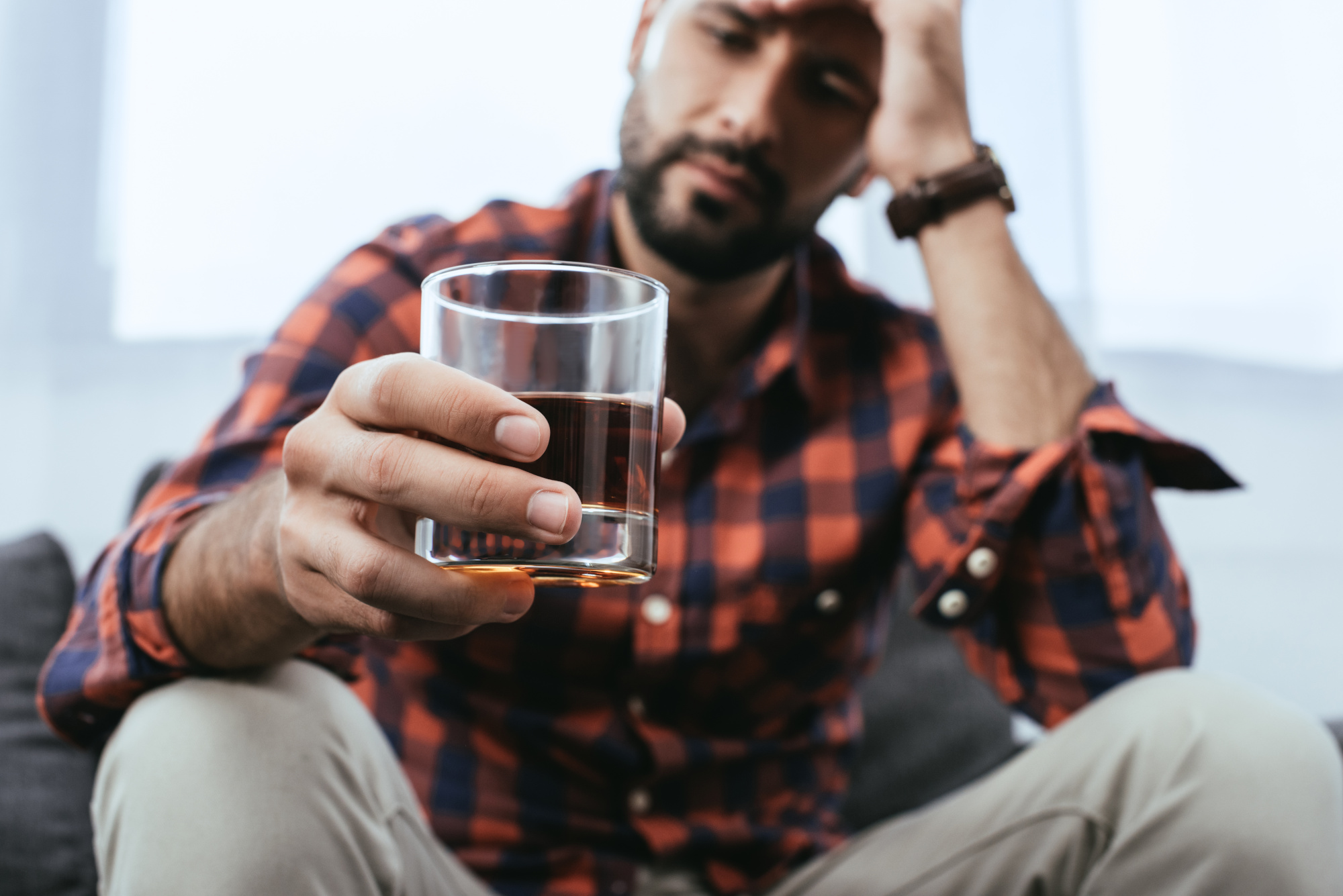Are you struggling with returning to your life after addiction treatment? You might just be experiencing some initial growing pains. Maybe you’ve hit little bumps in the road, but have those bumps caused a lapse in your sobriety? Transitioning from treatment to recovery is a process. Returning to everyday life has its challenges, some of which may threaten early recovery.
For that reason, you should have a game plan for life after treatment. This might include establishing goals you want to achieve, removing yourself from an environment unconducive to your recovery, and limiting interactions with friends who commonly take part in substance use.
Creating a recovery plan can also help with reacquainting yourself with the people in your life who are free of substance use. That might include family, friends, and other loved ones who have supported you in your recovery. Sharing your recovery plan with these people can be beneficial for your long-term sobriety. It helps create boundaries, educates loved ones on how they can help, and may even help them better recognize potential signs of relapse.
The Ohana Addiction Treatment Center supports residents and helps them to create these post-treatment game plans so that the recovery journey can continue long after leaving the facility.
What Struggles Might You Face in Early Recovery?
Everyone’s recovery adventure is different. Some spend anywhere from 30 to 120 days in treatment, and time spent in therapy varies. Each treatment plan is different and the challenges that clients face after leaving treatment also differ. However, common struggles people may experience include:
- The transition: Clients go from a structured environment of 24/7 support and may return to an environment of substance use. This is why creating a plan for this transition is important before leaving treatment. You may consider relocating or temporarily moving in with your family. Either way, you must make the best decision for your long-term sobriety.
- Leaving relationships and making new connections: This is especially important if your social circles were full of individuals suffering from addiction. By continuing to have those friendships, you can put your sobriety at significant risk. Ultimately, surrounding yourself with supportive relationships is most beneficial for maintaining sobriety.
- Cravings: Treatment facilities provide a safe space to practice coping techniques for cravings. When you’re on your own and just getting your footing in recovery, you’ll notice it takes a lot more energy to cope and avoid cravings. It might be hard to manage triggers. This is why it’s important to make your environment conducive to recovery so that you experience as few potential triggers as possible.
Initially, your transition from treatment to recovery will have a few bumps in the road, but you’ll ultimately realize that you’re able to handle them head-on. If you don’t have a game plan, support network, and space away from temptations, those bumps will add up over time and may eventually lead to relapse. Overcoming smaller challenges has major rewards, but you still want to ensure you’re making smart decisions for your sobriety.
Why You Should Create a Recovery Game Plan During Treatment
An important lesson to learn is that there are some things you just can’t plan for. That’s especially true regarding recovery. It’s hard to know what tomorrow will bring, which makes it difficult to plan for a lifetime of recovery. A recovery plan is meant to guide you, and how you go about creating that plan is specific to your recovery.
Just as you create an individualized treatment plan, you should also have an individualized recovery plan. Sometimes that plan is referred to as relapse prevention. Most rehabilitation programs will include a relapse prevention program that focuses on your next steps post-treatment.
Relapse is a progressive process, and treatment helps recognize the early signs of it. The main focus of relapse prevention is developing healthy coping skills. That way, when you’re faced with a significant trigger, you’ll have a plan to fall back on that helps you to cope with the situation.
Relapse prevention will also help you create professional, academic, or personal goals to focus on after treatment. You’ll be able to spend your energy on accomplishing these goals and distract yourself from some of the daily triggers you may face. If relapse prevention was not addressed in your treatment program, you can consult your doctor or mental health professional on implementing one now for your recovery.
Sharing Your Relapse Prevention Plan With Others
Now, let’s get to our main question – why should we share recovery or relapse prevention plans with the people in our lives? Simply put, by sharing our plans with others, we increase our chances of maintaining long-term sobriety. It’s important for people in our lives to know our triggers, goals we’re working towards accomplishing, and what hurts or helps recovery.
Recovery is a personal responsibility, but it does require a support system. If loved ones are going to be part of that support system, it is important to educate them on what kind of support you may need.
You may be wary about sharing your relapse prevention plan with loved ones. For some, it can be a very personal thing. Despite this, it is recommended that you educate the members of your support system. It will help them learn and will allow them to notice the subtle signs of relapse before you yourself may even notice them.
Recovery takes a village. Whether that village is your family, friends, or support from The Ohana, it is important to share your game plan with the people in your life and continue on the path toward a successful recovery.







